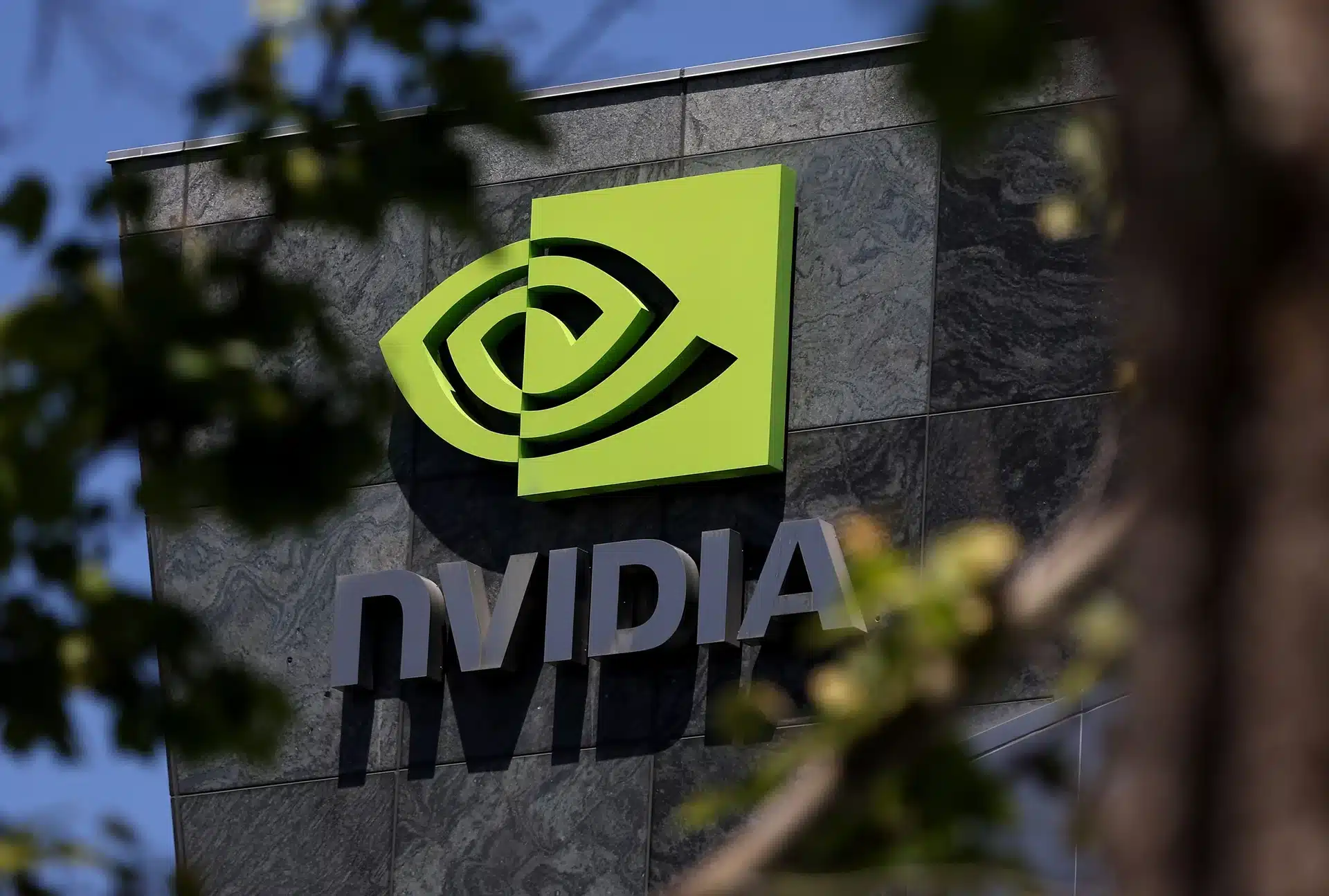China Prohibits Tech Firms from Acquiring AI Chips from Nvidia

Nvidia has faced a significant setback in its operations in China, as the Chinese government has imposed a ban on domestic tech companies from purchasing its AI chips. This decision, announced by the Cyberspace Administration of China, affects major firms such as ByteDance and Alibaba, which are now prohibited from testing or ordering Nvidia’s RTX Pro 6000D server. The ban is part of a broader trend where China is promoting local alternatives over foreign technology, potentially impacting the global semiconductor landscape.
China’s Regulatory Actions
On Wednesday, the Cyberspace Administration of China took decisive action by banning local tech companies from acquiring Nvidia’s advanced AI chips. This move marks a notable shift in China’s approach to foreign technology, particularly in the semiconductor sector. The agency’s directive specifically targets major players like ByteDance and Alibaba, instructing them to halt any testing or orders for Nvidia’s RTX Pro 6000D server, which was tailored for the Chinese market. This ban follows earlier discouragement from Beijing regarding the purchase of Nvidia chips, as the government has been advocating for homegrown alternatives. The implications of this ban are significant, as Nvidia has long been recognized as a leader in the AI chip market, and its absence could hinder the technological advancement of Chinese companies.
Impact on Nvidia and the Tech Ecosystem
The ban on Nvidia’s chips is expected to have a profound impact on China’s tech ecosystem. While local companies like Huawei and Alibaba have made strides in designing their own AI chips, Nvidia’s products are widely regarded as some of the most advanced available globally. The loss of access to these chips could slow down innovation and development within the Chinese tech sector. Nvidia’s CEO, Jensen Huang, expressed disappointment over the situation, stating, “We can only be in service of a market if a country wants us to be.” He acknowledged the complexities of the geopolitical landscape between China and the United States and emphasized Nvidia’s willingness to support Chinese companies as desired.
Historical Context and Financial Implications
Nvidia’s challenges in China are not new. The Trump administration previously imposed licensing requirements on semiconductor companies, including Nvidia, which restricted their ability to sell AI chips in China. This regulatory environment has already led to significant financial repercussions for Nvidia, with estimates suggesting an $8 billion revenue loss in the second quarter due to the inability to sell its H20 AI chips in the Chinese market. In light of these developments, Nvidia announced in June that it would exclude China from its future profit forecasts, effectively acknowledging its limited market access.
In a surprising turn, the Trump administration reversed its stance in July, allowing semiconductor companies to resume sales in China. However, this came with conditions, including a requirement for the U.S. government to receive 15% of the revenue from sales. Despite this change, Nvidia has reported that it has yet to sell any units to Chinese customers under the new guidelines, citing slow implementation of the policy.
Future Prospects
As Nvidia navigates this challenging landscape, the company’s future in China remains uncertain. The recent ban by the Chinese government adds another layer of complexity to its operations in one of the world’s largest technology markets. Nvidia’s leadership has expressed a commitment to supporting the Chinese market, but the evolving regulatory environment poses significant hurdles. The ongoing tensions between the U.S. and China, particularly in the technology sector, will likely continue to influence Nvidia’s strategy and operations moving forward. The company’s ability to adapt to these changes will be crucial in determining its success in the global semiconductor market.
Observer Voice is the one stop site for National, International news, Sports, Editor’s Choice, Art/culture contents, Quotes and much more. We also cover historical contents. Historical contents includes World History, Indian History, and what happened today. The website also covers Entertainment across the India and World.

